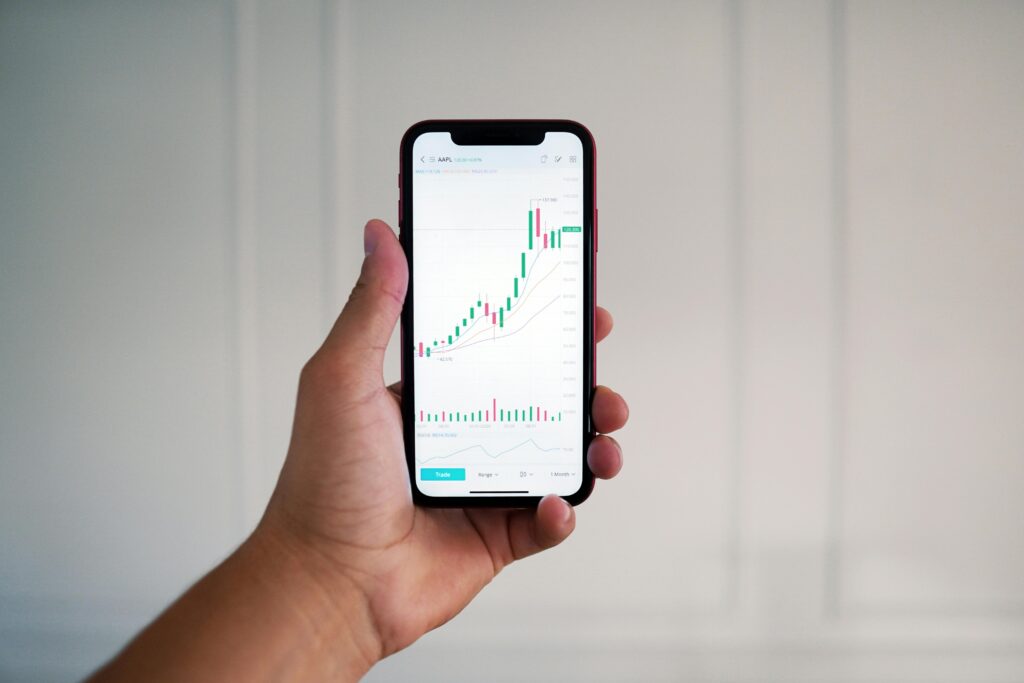8 Tips for Choosing the Right Cryptocurrency Wallet for You

Introduction
The meteoric rise of cryptocurrencies has brought with it a surge in demand for secure storage solutions. Unlike traditional assets held by centralized institutions, cryptocurrencies operate on a decentralized network, placing the onus of security on individual users. This is where Cryptocurrency Wallets come into play. These digital tools safeguard the private keys that grant access to your cryptocurrency holdings.
Selecting the most suitable Cryptocurrency Wallet necessitates careful consideration of your specific needs and risk tolerance. This guide delves into eight crucial factors that will empower you to make an informed decision.
1. Understanding Wallet Types: Hot vs. Cold Storage

The fundamental distinction between wallet types lies in their connection to the internet.
Hot Wallets: These software applications offer convenient access and transaction capabilities by maintaining a direct connection to the internet. Popular examples include mobile wallets, desktop wallets, and web wallets. While hot wallets prioritize ease of use, their online nature inherently exposes them to a higher risk of cyberattacks.
Cold Wallets: Cold wallets prioritize security by storing your private keys offline. They typically come in the form of hardware devices resembling USB drives. While cold wallets provide superior security, their offline nature can be less convenient for frequent transactions, as they require connection to a computer for online interaction.
Choosing between a hot or cold wallet depends on your investment strategy and risk tolerance. If you plan on actively trading cryptocurrencies, a hot wallet might be more practical for its ease of access. However, for long-term, secure storage of a significant investment, a cold wallet is the recommended option.
2. Supported Cryptocurrencies
The number and types of cryptocurrencies supported by a wallet vary considerably. Some wallets cater to a wide range of popular coins and tokens, while others specialize in specific blockchains or offer limited support.
It’s crucial to ensure the chosen wallet supports the cryptocurrencies you currently hold or intend to acquire in the future. Carefully research the wallet’s supported cryptocurrency list to avoid compatibility issues down the line.
3. Prioritizing Security Features
Security is paramount when dealing with cryptocurrency holdings. Here are key security features to consider:
Private Key Storage: Private keys are the cornerstone of cryptocurrency security. Look for wallets that employ robust encryption mechanisms to safeguard your private keys. Ideally, the wallet should not store your private keys online on its servers. Consider wallets that offer multi-party computation (MPC) for added security, where private keys are never stored in their entirety on a single device.
Multi-factor Authentication (MFA): MFA adds an extra layer of security by requiring additional verification steps beyond just a password when accessing your wallet. This can include fingerprint scanning, facial recognition, or one-time codes received via SMS or authenticator apps.
Transaction Confirmation: Opt for wallets that allow you to confirm transactions before they are executed. This provides an opportunity to review the details and prevent unauthorized outgoing transfers.
Security Audits: Reputable wallets undergo regular security audits by independent third-party security firms. Look for wallets that prioritize security by undergoing these assessments.
4. User-Friendly Interface and Experience (UI/UX)
Easy to navigate: A user-friendly interface makes managing your finances a breeze. Evaluate the wallet’s layout, navigation ease, and clarity of information presentation. Consider factors like:
Mobile Compatibility: If you plan to access your wallet on the go, ensure it offers a mobile app with a user-friendly interface.
Ease of Use: A well-designed wallet should be intuitive and straightforward to navigate, even for users with limited technical expertise.
Advanced Features: For experienced users, consider wallets with features like multi-signature functionality or integration with decentralized applications (dApps).

5. Understanding Transaction Fees
Cryptocurrency transactions incur fees associated with processing them on the blockchain network. Additionally, wallet providers may also levy additional fees for specific services. Common fees associated with cryptocurrency wallets include:
Network Fees: These fees are inherent to the underlying blockchain network and are paid to miners or validators for processing transactions. While the wallet provider has no control over these fees, it should transparently display them during the transaction process.
Wallet Fees: Some wallet providers charge additional fees for services like currency exchange, in-wallet purchases, or expedited transactions. Evaluate the fee structure of different wallets before making your choice.
6. Reliable Customer Support
Reliable customer support is vital in case you encounter any issues with your wallet. Look for wallets that offer multiple support channels, such as email, live chat, or phone support. Additionally, consider the responsiveness and effectiveness of the support team based on user reviews and online forums.
7. Building Trust Through Reputation and Brand
Track Record: Research the company’s history, including its experience in the cryptocurrency space, any security breaches they may have encountered, and how they handled them.
User Reviews: Read user reviews on reputable platforms and cryptocurrency forums to gain insights into the user experience, customer support effectiveness, and overall reliability of the wallet.
Community Involvement: Look for companies that actively participate in the cryptocurrency community. This could involve sponsoring events, contributing to open-source projects, or engaging in educational initiatives. Active involvement demonstrates the company’s commitment to the long-term success of the cryptocurrency ecosystem.
8. Navigating the Regulatory Landscape
The regulatory landscape surrounding cryptocurrencies is constantly evolving. While some regions have implemented cryptocurrency regulations, others remain undefined. Consider the regulatory environment in your jurisdiction and choose a wallet provider that adheres to relevant regulations. This not only ensures compliance but also indicates the company’s commitment to operating within a legal framework.
Conclusion
The cryptocurrency landscape thrives on innovation, and so do Cryptocurrency Wallets. New features, enhanced security protocols, and broader cryptocurrency support are continuously being introduced. While this guide provides a comprehensive framework for choosing the right wallet today, staying informed about these advancements is essential.










